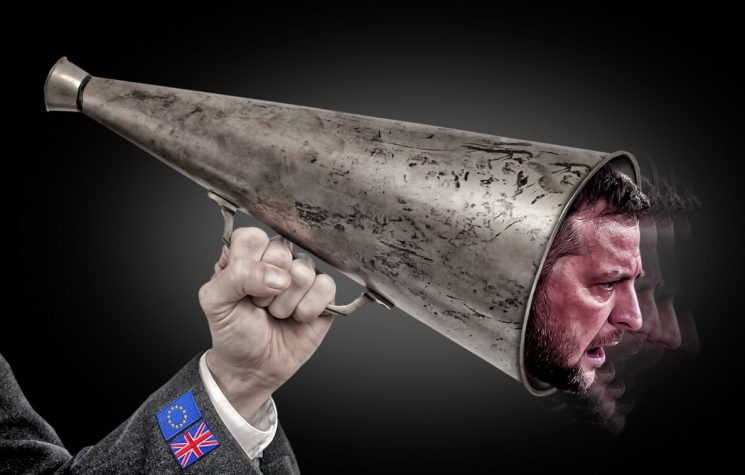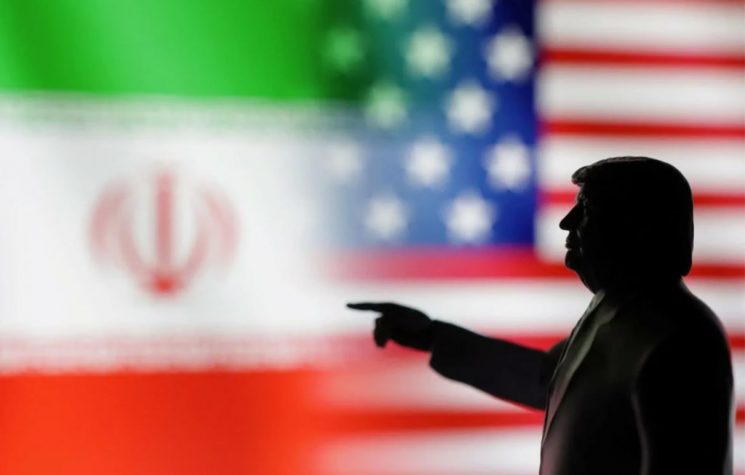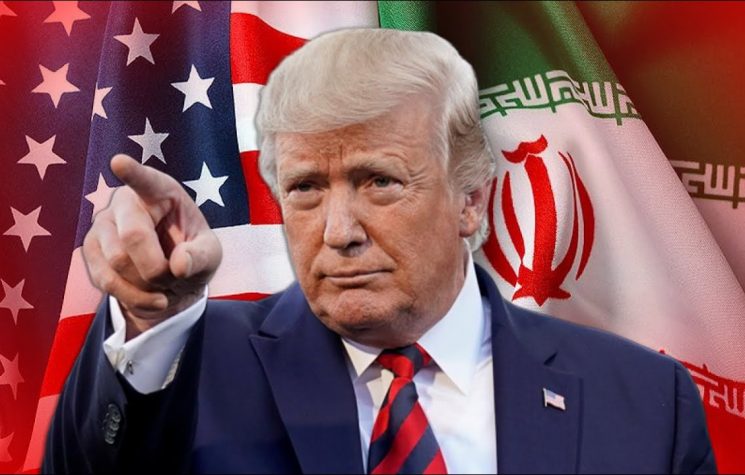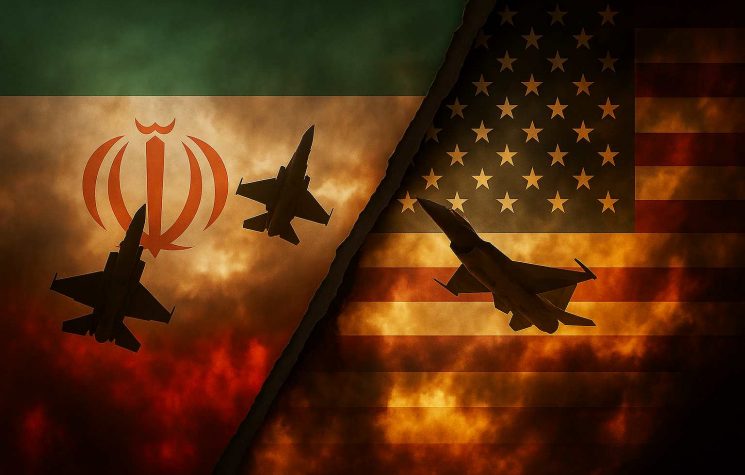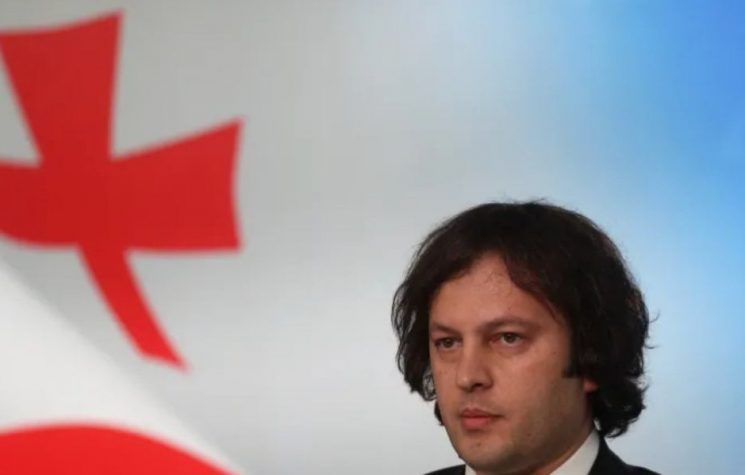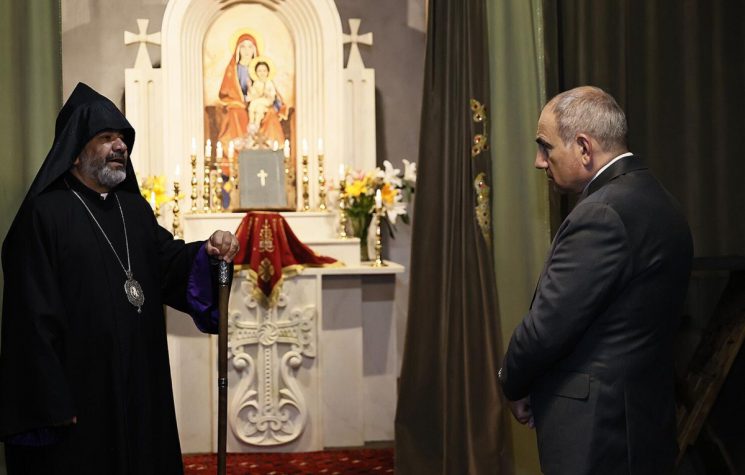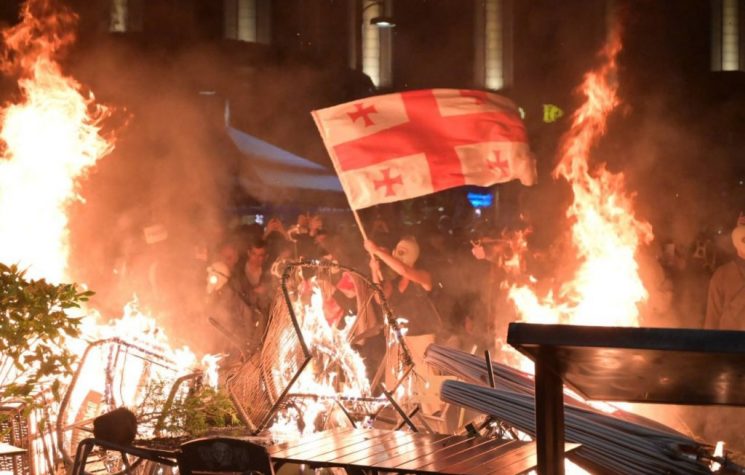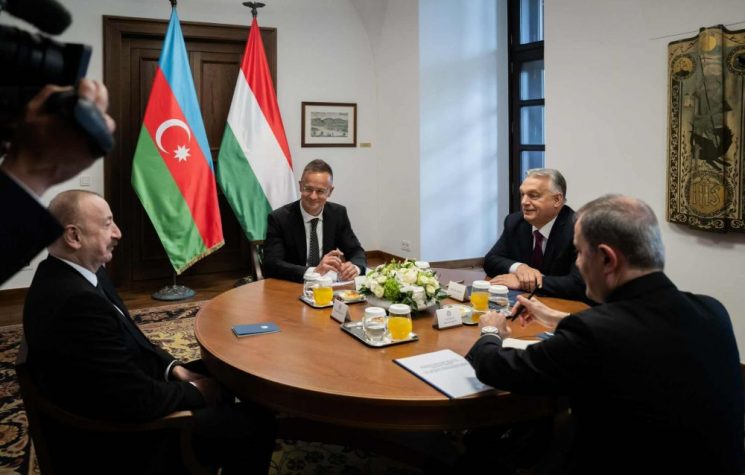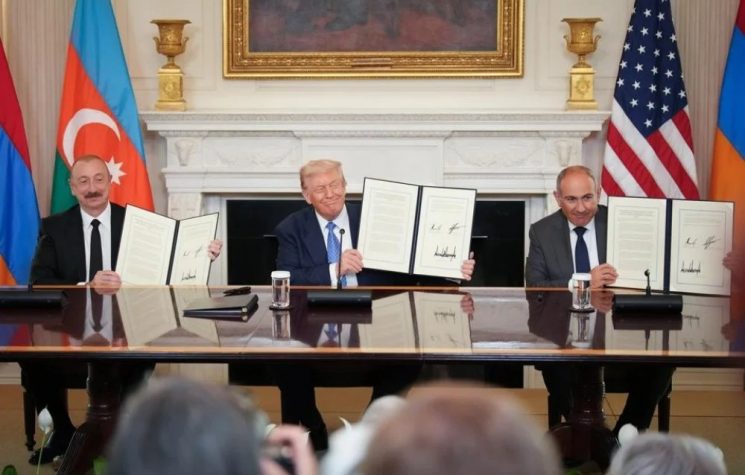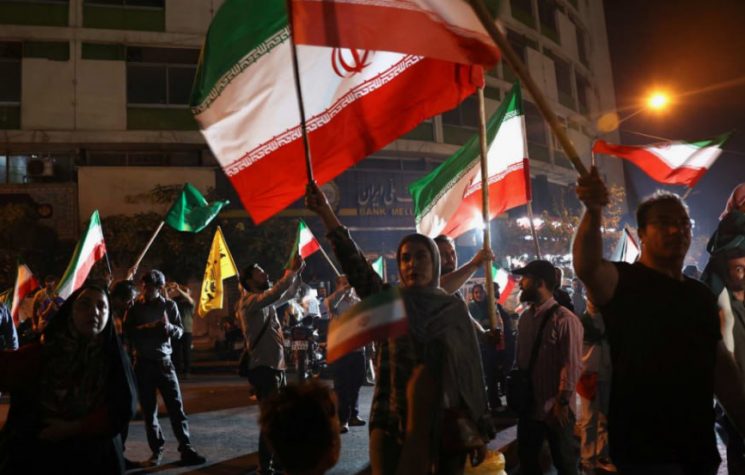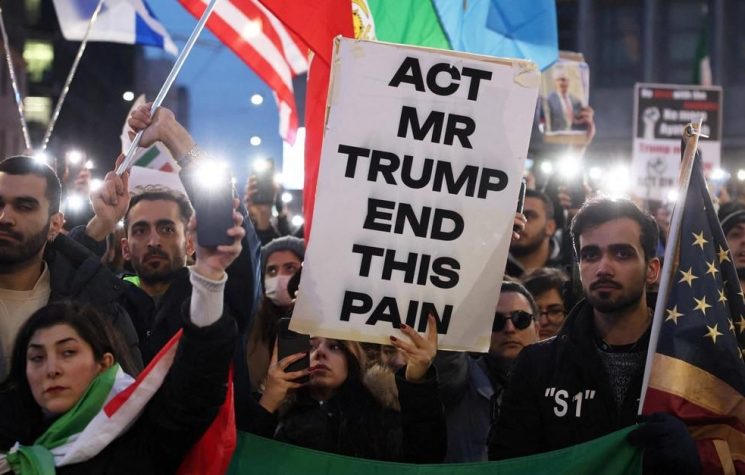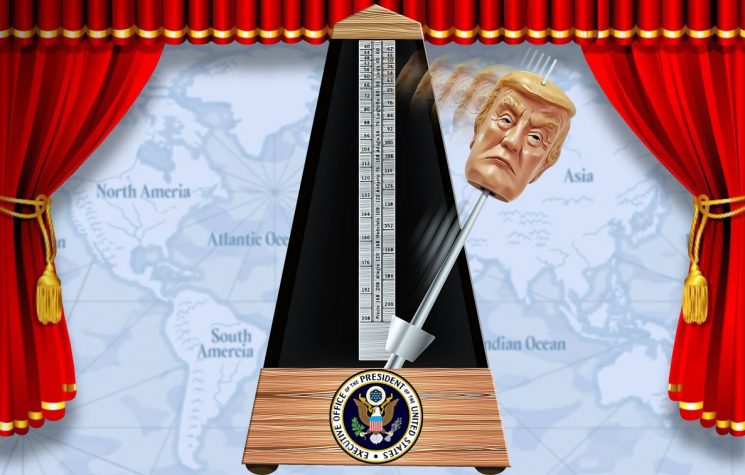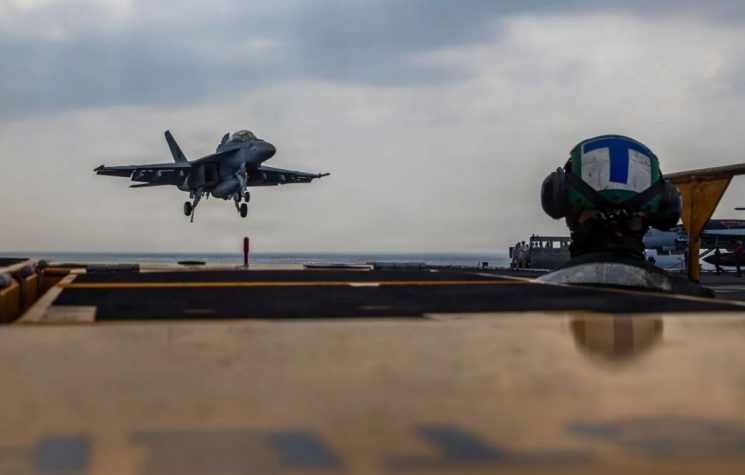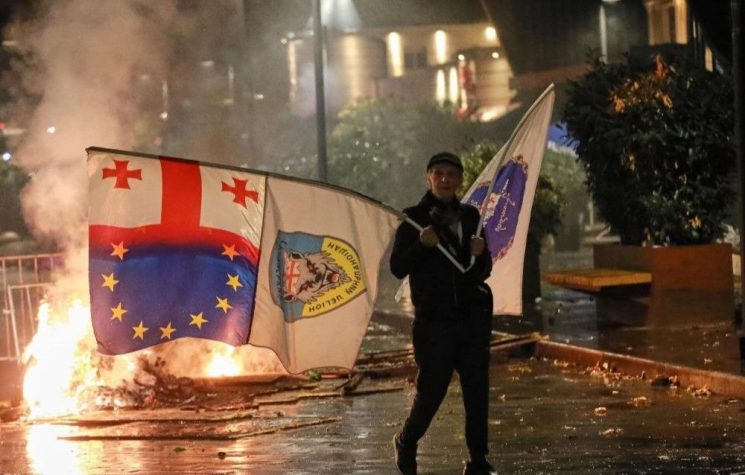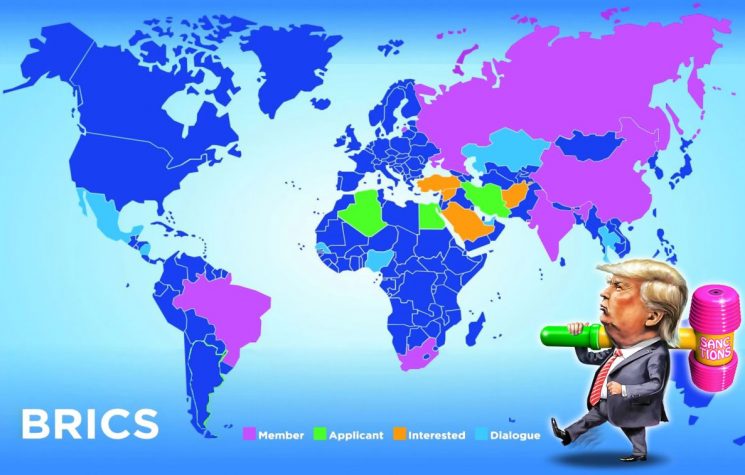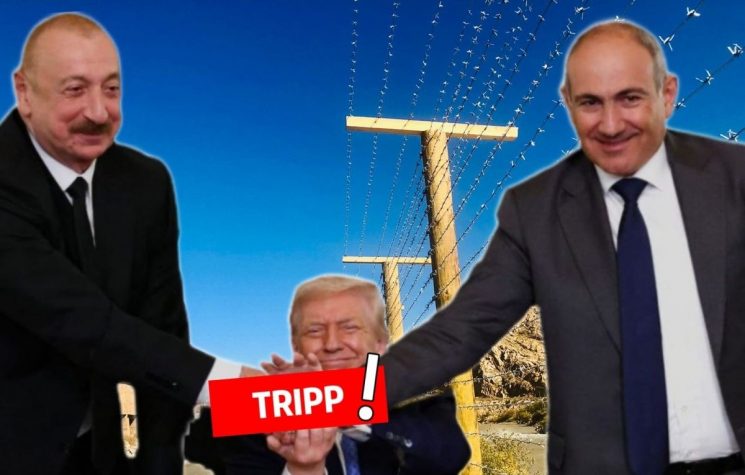Moscow seeks balance throughout the post-Soviet space, but to achieve it, it must confront the influence of ethnic mafias.
Join us on Telegram![]() , Twitter
, Twitter![]() , and VK
, and VK![]() .
.
Contact us: info@strategic-culture.su
The recent arrest of Sputnik journalists in Azerbaijan has ignited a new flashpoint of tension in the Caucasus, revealing not only the worsening deterioration of relations between Moscow and Baku, but also the weight of parallel and illegitimate interests in regional politics. The Russian journalists were detained on vague charges and without basic legal guarantees – including the denial of consular access by Azeri authorities, in clear violation of international diplomatic norms.
Although Ilham Aliyev’s government attempts to justify the move on national security grounds, it is increasingly clear that the arrests are, in fact, a response to pressure from criminal groups within the Azeri diaspora in Russia. These networks, currently under investigation and being dismantled by the FSB, have begun to act as lobbying forces inside Azerbaijan, pushing the state to retaliate against Moscow politically and through the media.
Baku’s response, however, reveals not only disproportionate action but also incoherence. Russia does not maintain any active mafia networks on Azeri territory – which dismantles any narrative of reciprocity – and moreover, Moscow has acted strictly within its own borders, focusing on combating organized crime. It was expected that, instead of hostility, Baku would cooperate with the investigations or at least keep diplomatic channels open.
This type of response – authoritarian, arbitrary, and lacking any solid legal basis – seriously undermines bilateral relations and contributes to the destabilization of a region already marked by historic tensions. The journalists’ detention is not only an affront to press freedom: it is an attempt to distort an internal Russian operation, turning it into a pretext for external political aggression.
In this scenario, it is essential to recall the historically complex nature of Russia’s relationship with the nations of the post-Soviet space, particularly those located in the Caucasus and Central Asia. This relationship has been defined by periods of strategic cooperation as well as moments of crisis and tension – a kind of “conflicted coexistence”, reflecting, on one hand, cultural and historical affinities, and on the other, political divergences, external interference, and incompatible worldviews.
It is within this context that Russian policy aims to assert itself not as a tool of domination, but as an element of balance and pacification. Stability in the Caucasus is of vital interest to Moscow – not for expansionist purposes, but due to geostrategic and security concerns. An unstable Caucasus means vulnerable borders, increased transnational trafficking, the proliferation of extremism, and migration chaos.
Azerbaijan, by straying from this logic of cooperation and ceding space to criminal lobbies – which function as ethnic mafias within Russia – is treading dangerously close to diplomatic isolation. The illegal arrest of journalists is merely the most visible symptom of a deeper process of institutional erosion, in which criminal structures are able to influence state decisions.
Moreover, another external element cannot be ignored: the influence of Israel over Baku. Israel, a major military and technological ally of Azerbaijan, has expanded its strategic footprint in the region. With tensions between Russia and Israel intensifying – especially following Moscow’s strong condemnation of recent Israeli attacks on Iran – it is plausible that Tel Aviv is encouraging hostile measures against Russia, exploiting the current crisis as an opportunity to expand its regional influence.
It is therefore imperative that Azerbaijan reconsider its stance. The immediate release of the detained journalists, the restoration of diplomatic dialogue, and the distancing of mafia lobbies from state decisions are urgent steps to restore a minimum level of trust. The country cannot afford to turn its relationship with Moscow into a battleground for third parties or a tool of criminal revenge.
In times of global realignment and the rise of a multipolar world, Azerbaijan must understand that regional stability is incompatible with adventures driven by shadowy interests. The coexistence between Russia and Azerbaijan – even when conflicted – can only be productive if conducted with mutual respect and a shared commitment to order. Anything else is deterioration.
















